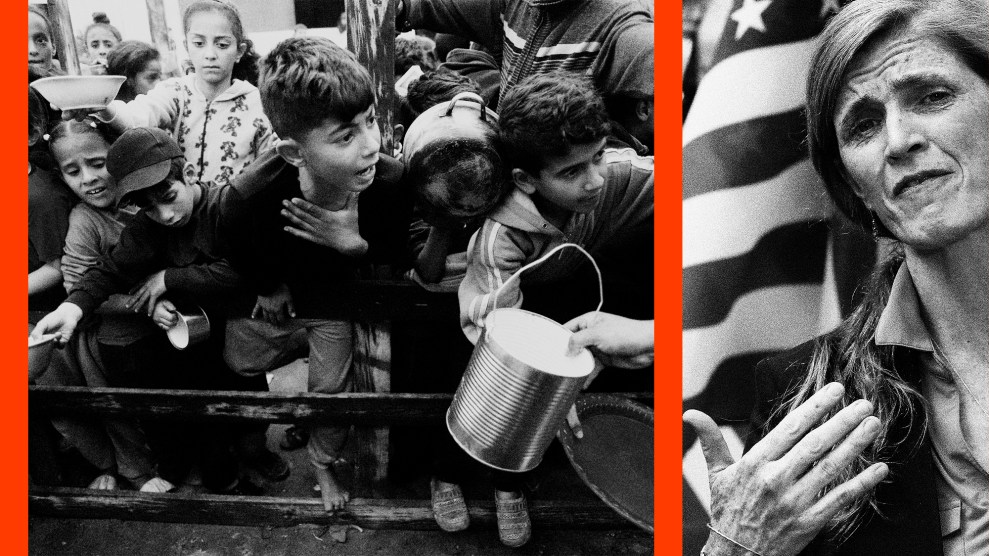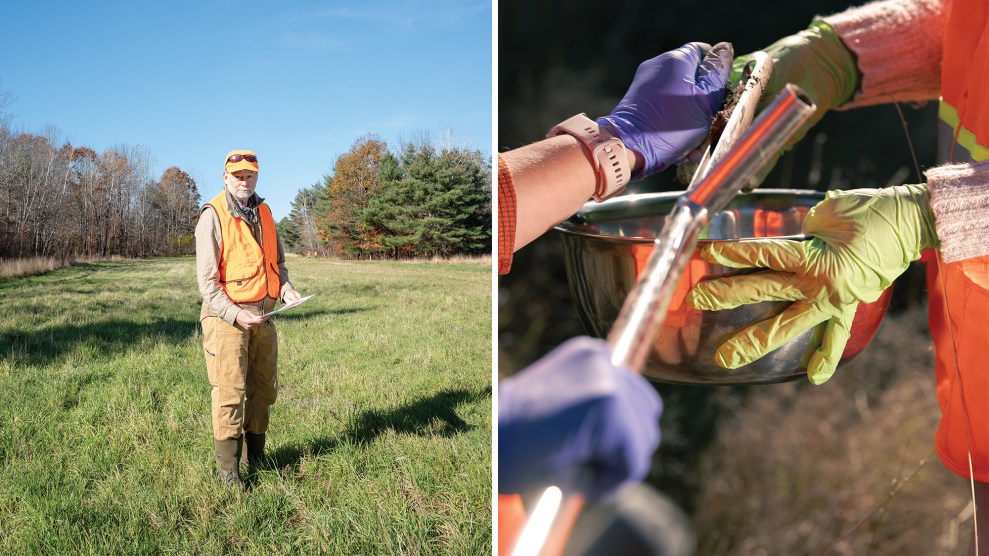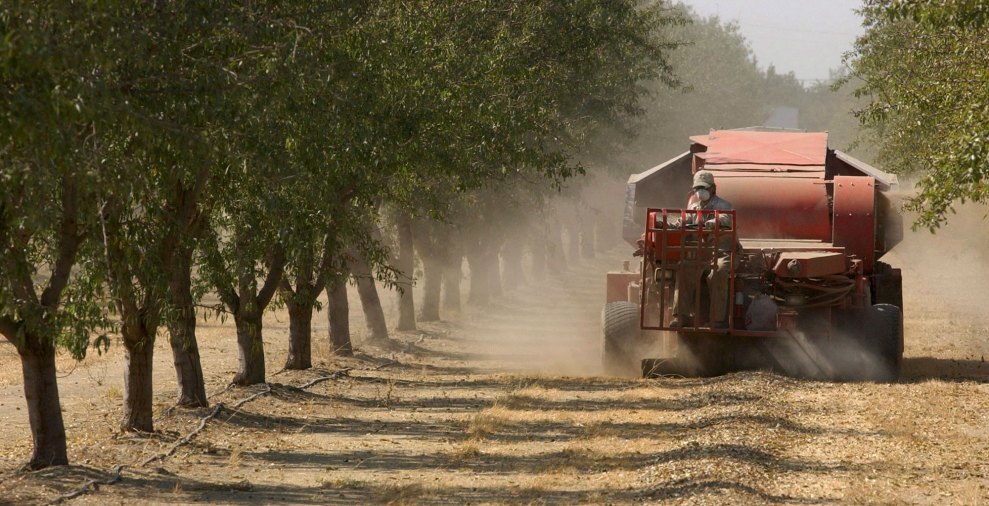From the Mother Jones Archives
Cruising on the Ark of Taste
By pursuing the politics of pleasure, the Slow Food movement hopes to save rare species and delectables – and give the considered life a second chance.
By Michael Pollan
May/June 2003 Issue
Pandora’s Pantry
In its rush to approve genetically engineered food, the government ignored warnings from its own scientists about threats to human health and the environment. Finally, the tough questions are being asked.
By Jon R. Luoma
January/February 2000 Issue
Fish or Foul?
Coming soon to a dinner table near you: DNA filet.
By Jon R. Luoma
March/April 2001 Issue
Meet A Potato
The potato has inspired several revolutions — not all of them agricultural. So, next time you chomp on a french fry, show a little respect.
By Leah Shahum
March/April 1997 Issue
More by Michael Pollan
“Our National Eating Disorder,” The New York Times Magazine October 17, 2004
“An American Transplant,” The New York Times Magazine, May 16, 2004
“Cattle Futures?” The New York Times Magazine, January 11, 2004
“The (Agri)Cultural Contradictions Of Obesity,” The New York Times Magazine, October 12, 2003
“An Animal’s Place,” The New York Times Magazine, November 10, 2002
“Power Steer,” The New York Times Magazine, March 31, 2002
“Naturally,” The New York Times Magazine, May 13, 2001
“Produce Politics,” The New York Times Magazine, January 14, 2001
“Playing God in the Garden,” The New York Times Magazine, October 25, 1998
Books
Fat Land : How Americans Became the Fattest People in the World, by Greg Critser
The Oxford Companion to Food, by Alan Davidson
Hungry Planet: What the World Eats, by Peter Menzel
Sweetness and Power: The Place of Sugar in Modern History,
by Sidney W. Mintz
What to Eat, by Marion Nestle
Food Politics: How the Food Industry Influences Nutrition and Health by Marion Nestle
Safe Food: Bacteria, Biotechnology, and Bioterrorism by Marion Nestle
Taking Sides: Clashing Views on Controversial Issues in Food and Nutrition, by Marion Nestle et al.
The Omnivore’s Dilemma : A Natural History of Four Meals, by Michael Pollan
Fast Food Nation: The Dark Side of the All-American Meal, by Eric Schlosser
Don’t Eat This Book: Fast Food and the Supersizing of America, by Morgan Spurlock











